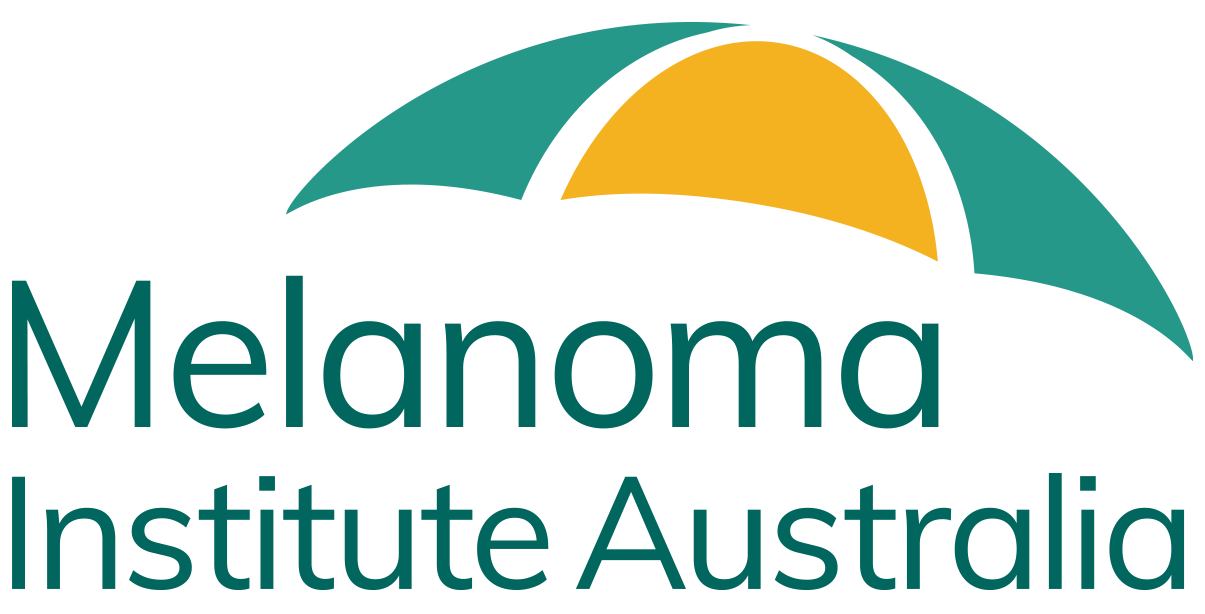Monthly dose of immunotherapy allows flexibility for patients undergoing treatment

An international study has found that a single monthly dose of nivolumab can be just as effective as current doses used to treat melanoma and other cancers, and will have a profound impact on clinical care and patient outcomes.
The study was conducted by a team of researchers from the USA, Europe, and Australia, including Melanoma Institute Australia (MIA). It showed that a larger dose of nivolumab once a month produces similar levels of nivolumab in the body as when it is dosed every two weeks. Dosing monthly would reduce waiting time and cost for patients, improve preparation and administration for cancer care institutions, and ultimately afford patients, their families, caregivers and clinicians more freedom, flexibility and convenience throughout their cancer journey.
This larger monthly dose of nivolumab has already been approved for use by melanoma patients in both the US and Europe.
Historically, drugs such as nivolumab have been administered to patients in doses based on their body weight, with the most common dosing schedule being 3 milligrams of nivolumab for every kilogram of body weight, every two weeks. More recently, a flat dosing schedule (a dose that remains the same for every patient regardless of their body weight) of 240 milligrams of nivolumab every two weeks was approved in countries around the world, and can replace body-weight doses when nivolumab is used alone. Flat dosing can reduce dosing errors that arise from the mg/kg calculation, and has allowed pharmacy staff to reduce preparation time and streamline the patient experience. However, for patients receiving nivolumab for long periods of time, or those who live a significant distance from infusion centres, a two-weekly dosing schedule can still be a burden.
The study used data from patients enrolled in various clinical trials, testing the safety and validity of nivolumab as a therapeutic agent in melanoma, squamous cell carcinoma of the head and neck, and non-small-cell lung cancer, among other cancers, to predict the levels of nivolumab in the body after the larger monthly dose of 480mg. It found that the average level of nivolumab in the body was similar to that of current dosing schedules, and that there was no significant increase in treatment-related toxicities or new safety concerns.
Reference: Long G, Tykodi S, Schneider J, et al. (2018). Assessment of nivolumab exposure and clinical safety of 480 mg every 4 weeks flat-dosing schedule in patients with cancer. Annals of Oncology. [ePub]



